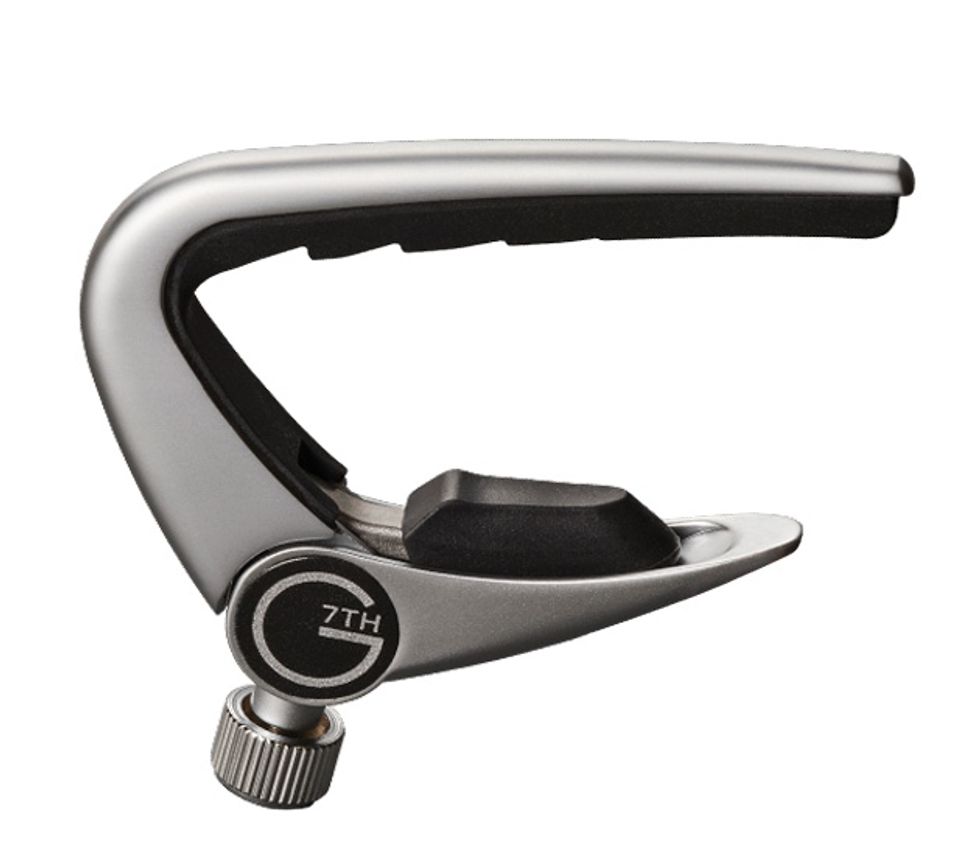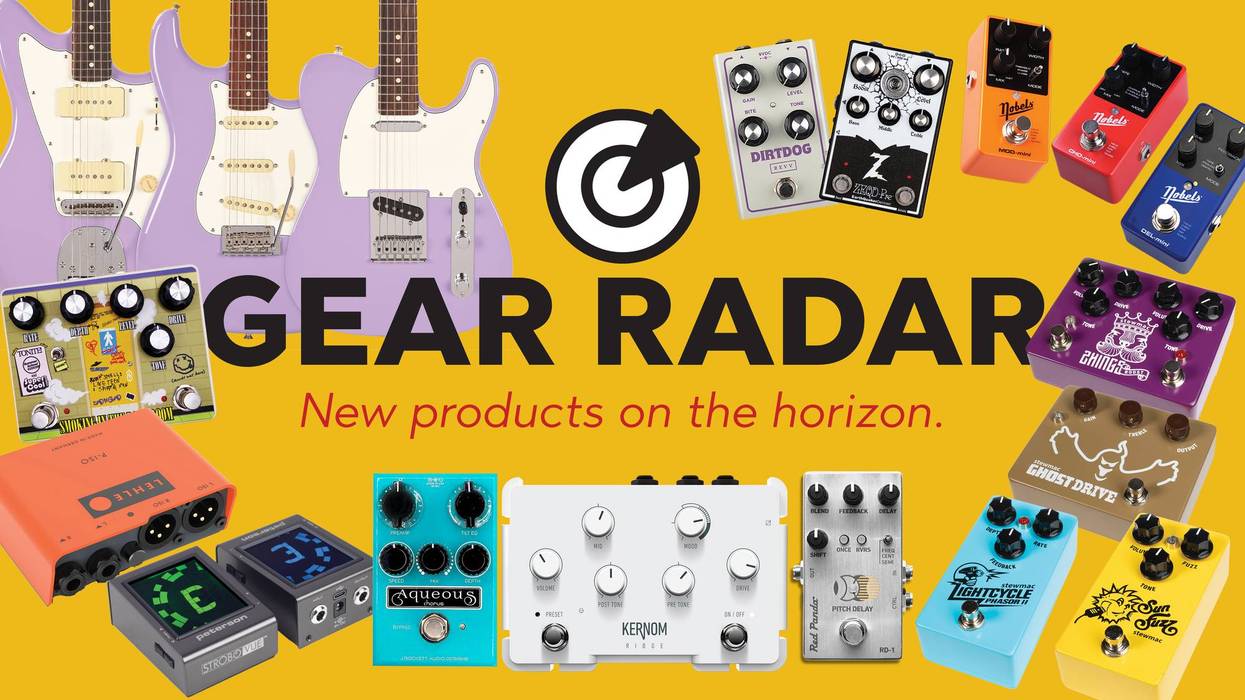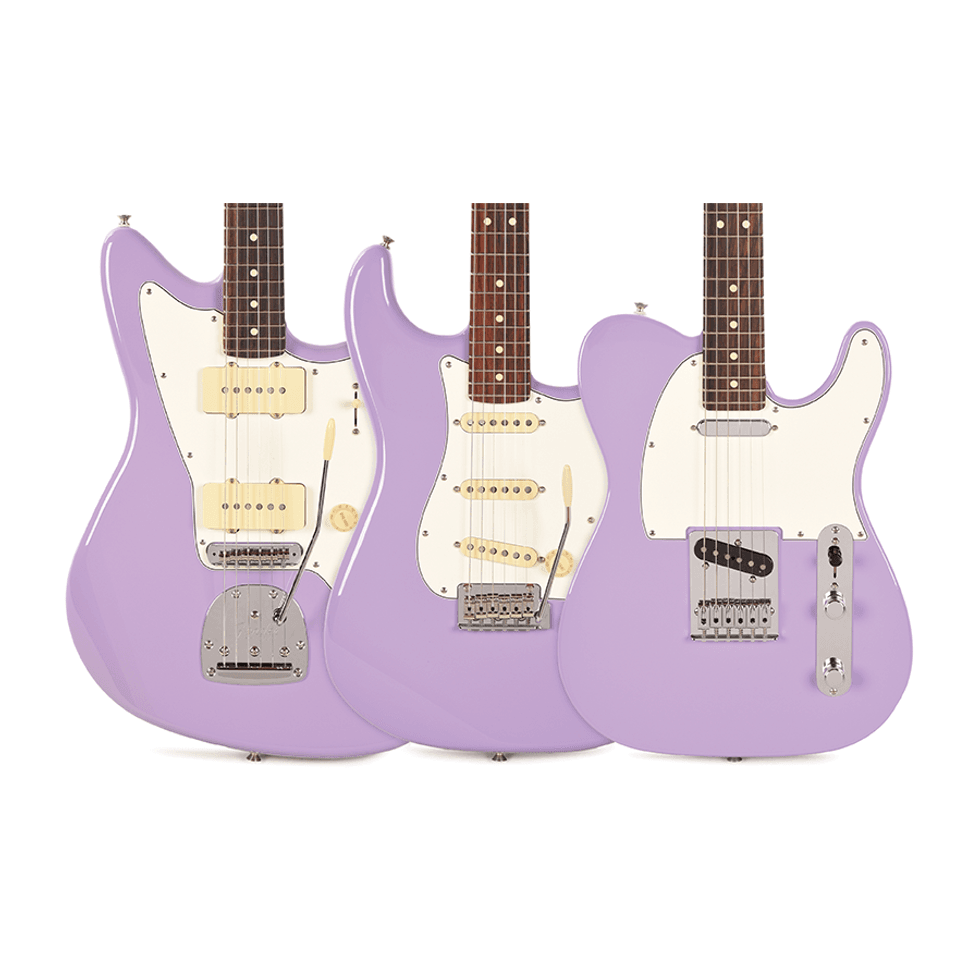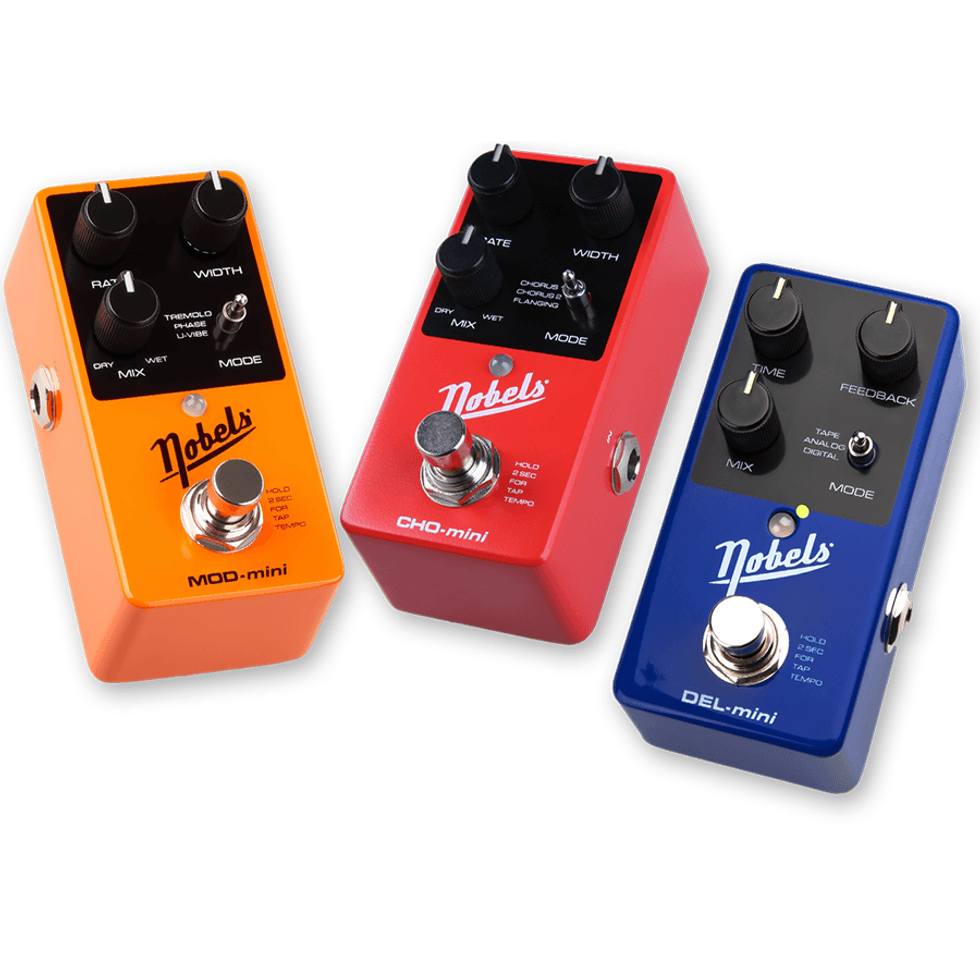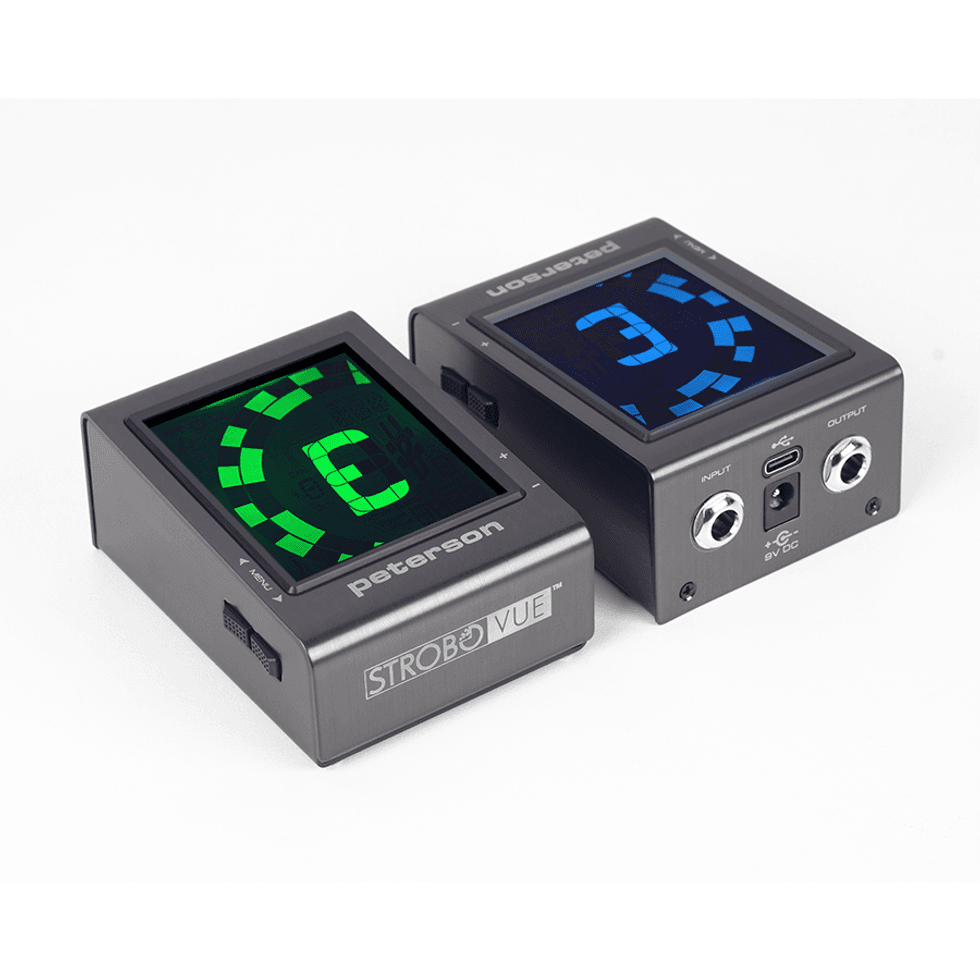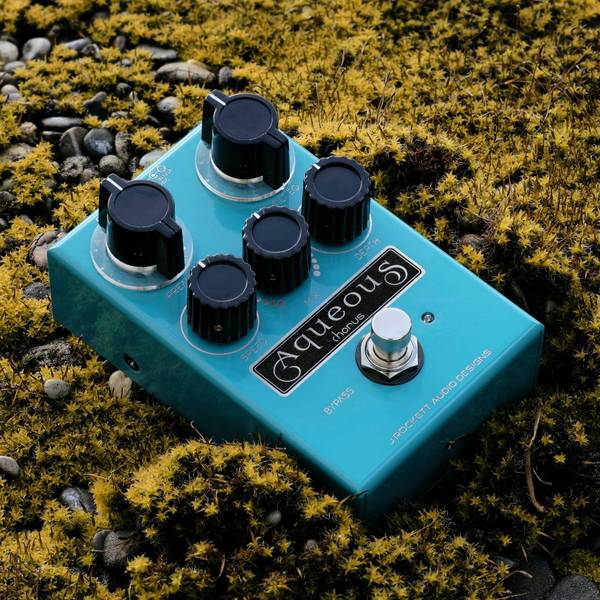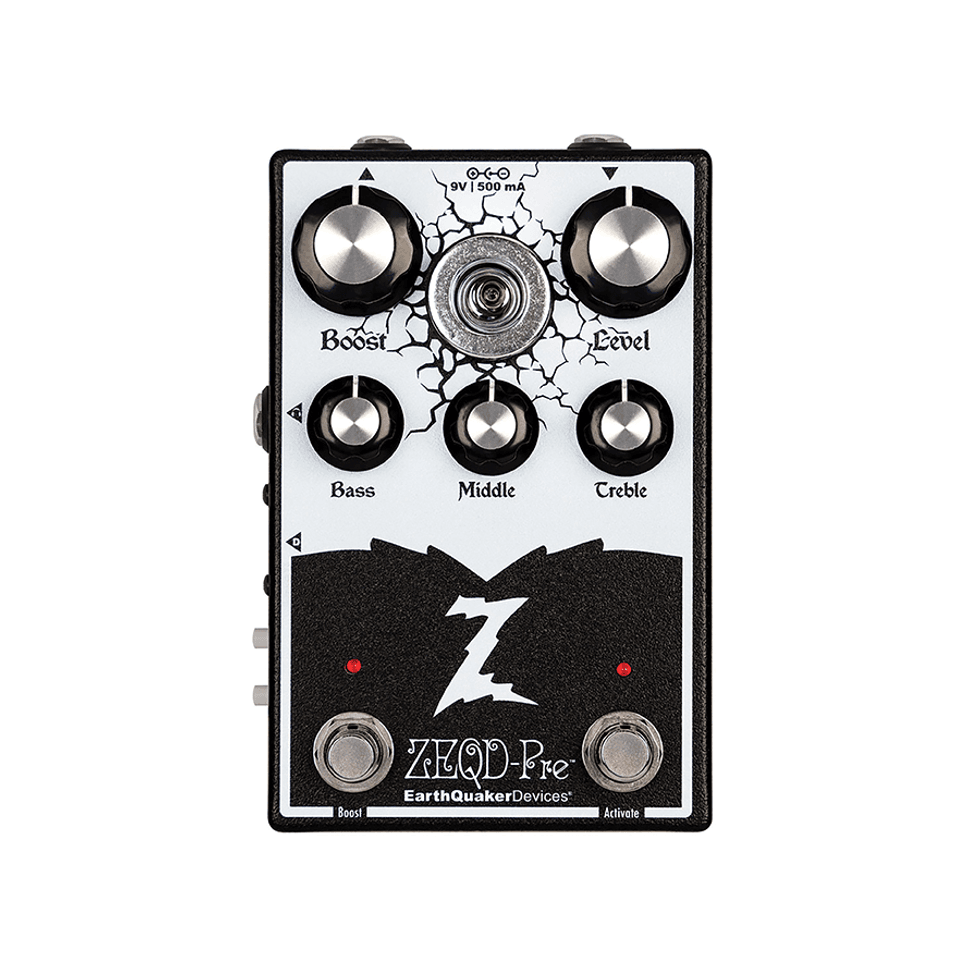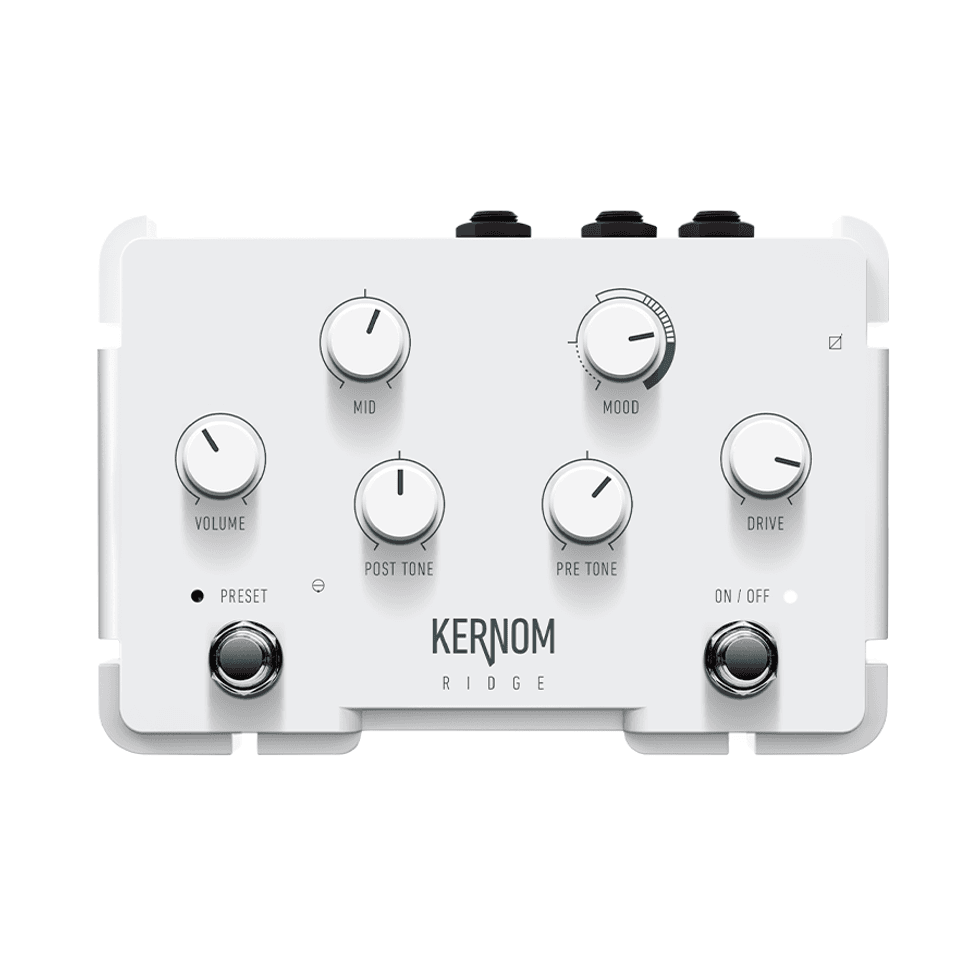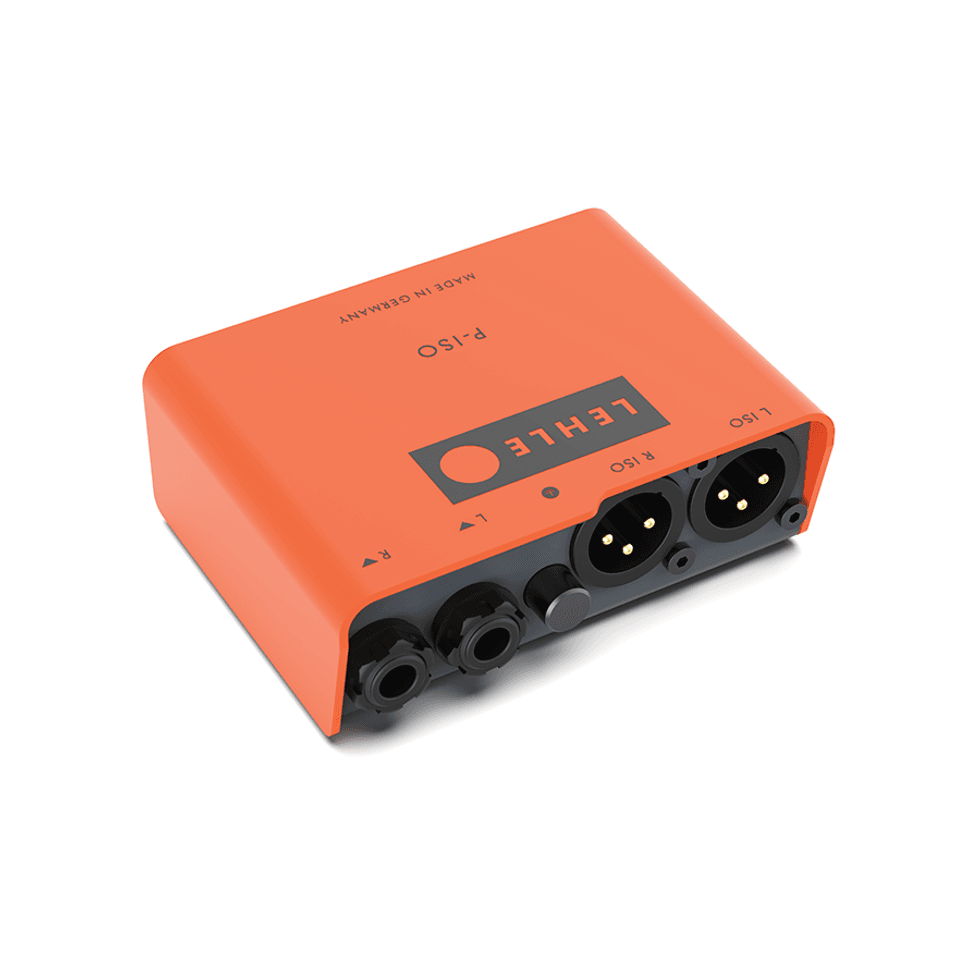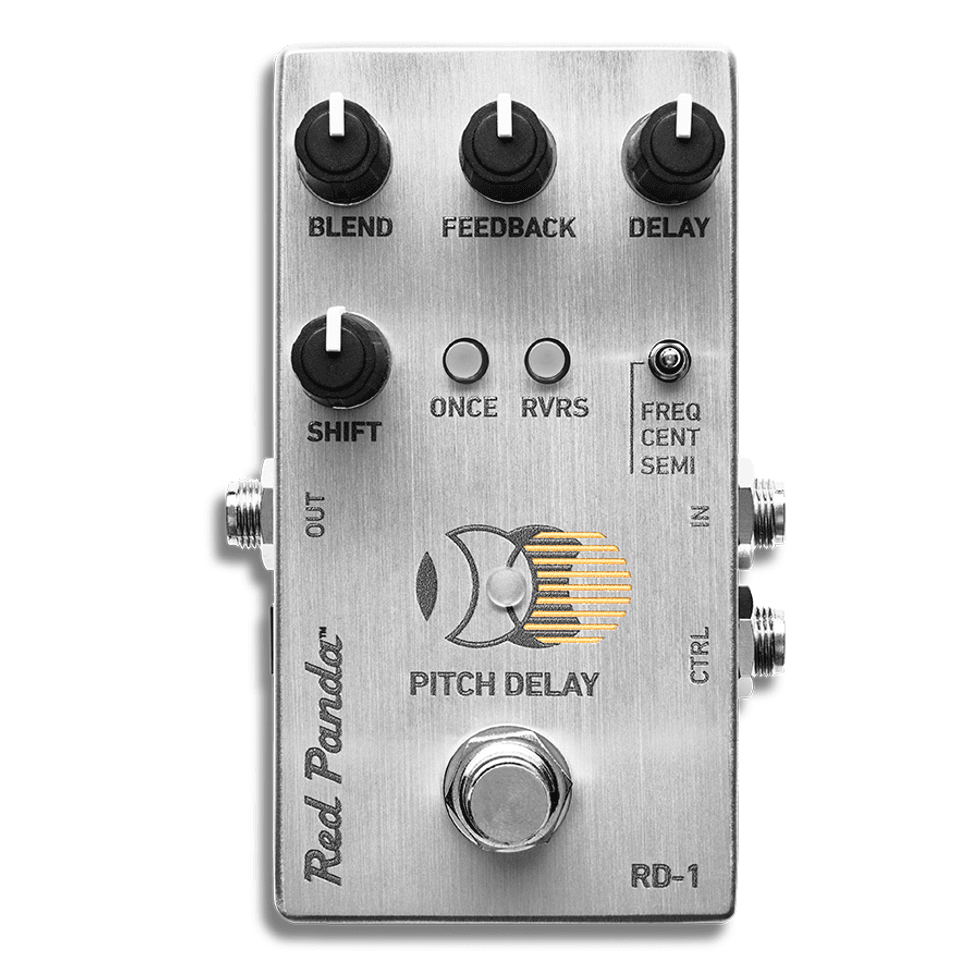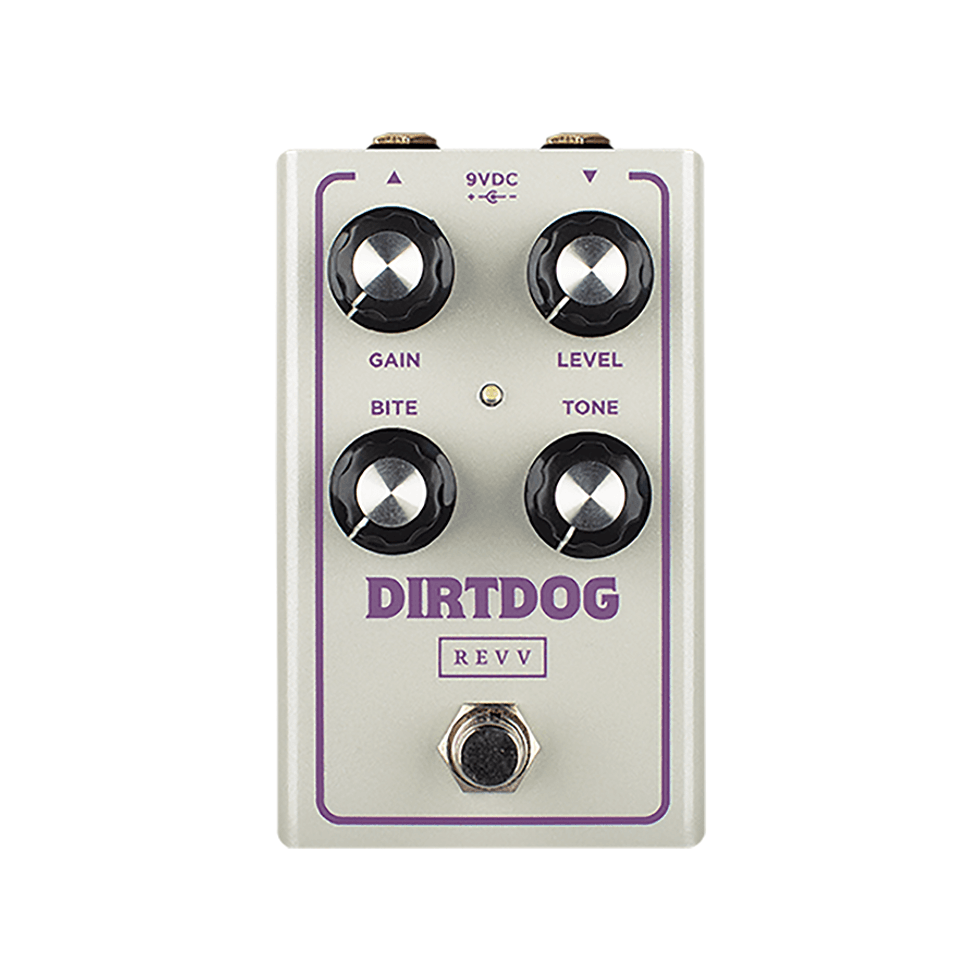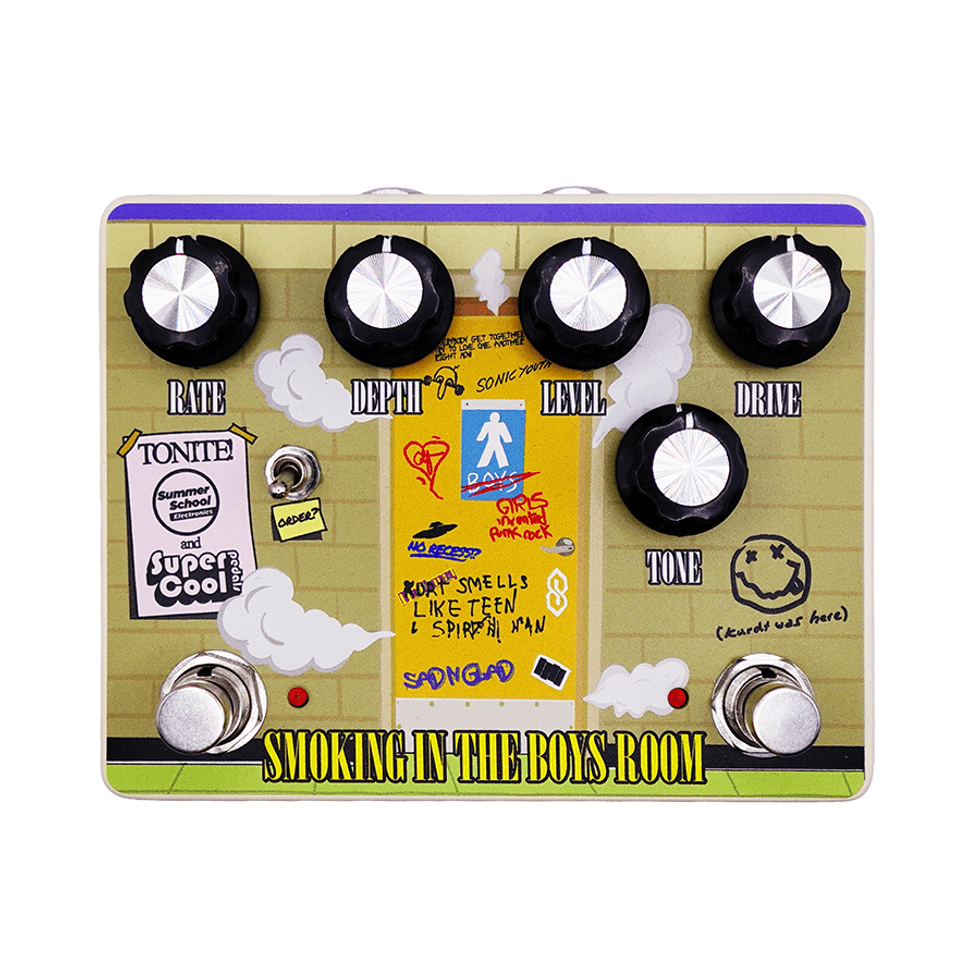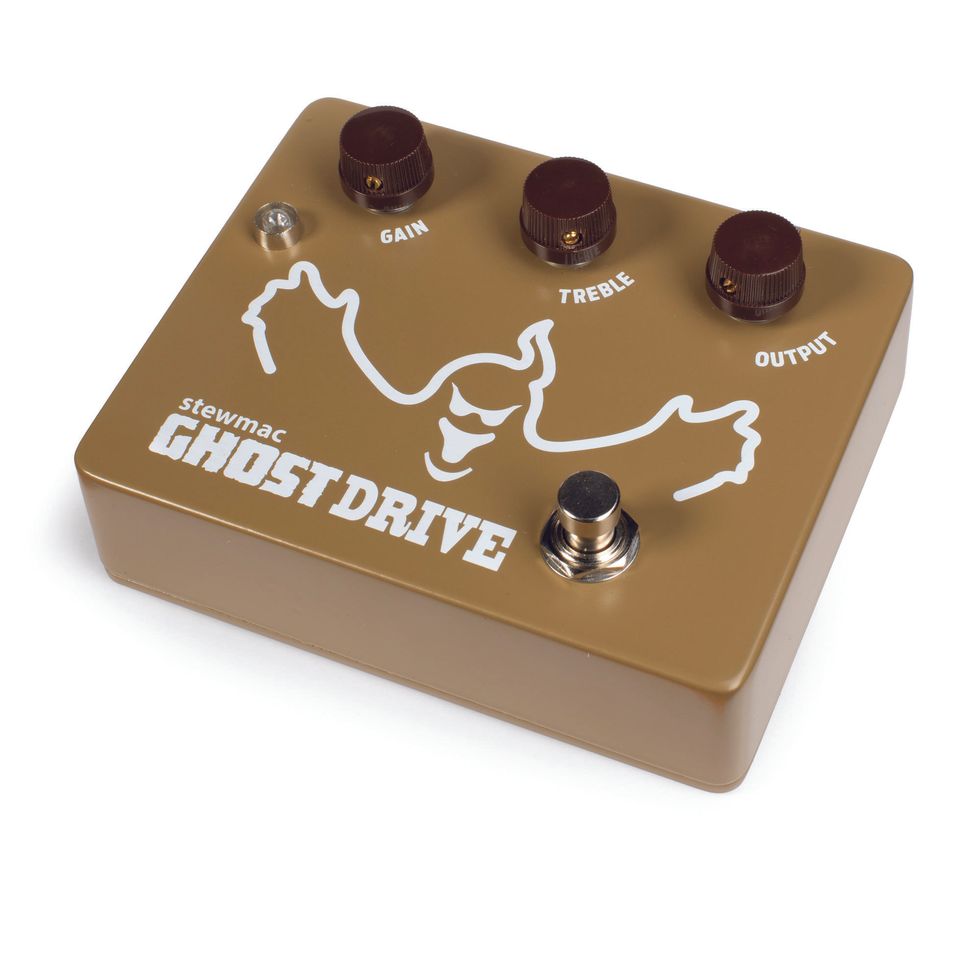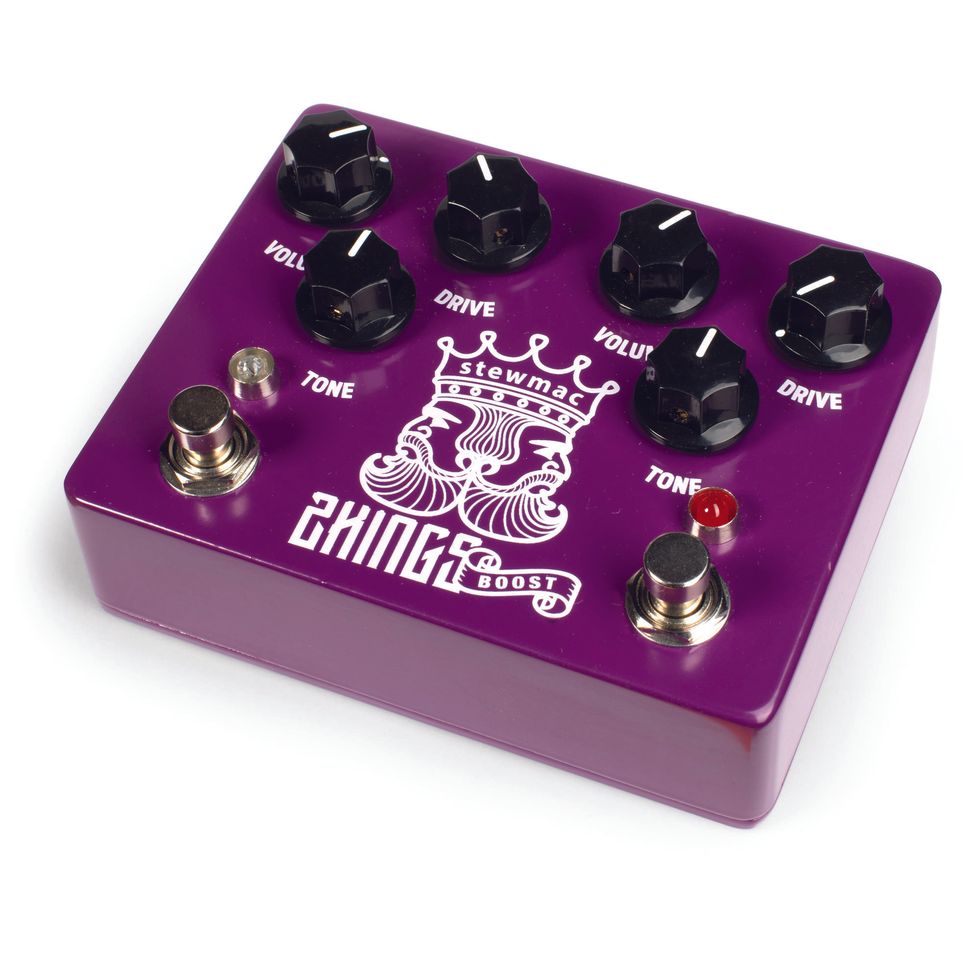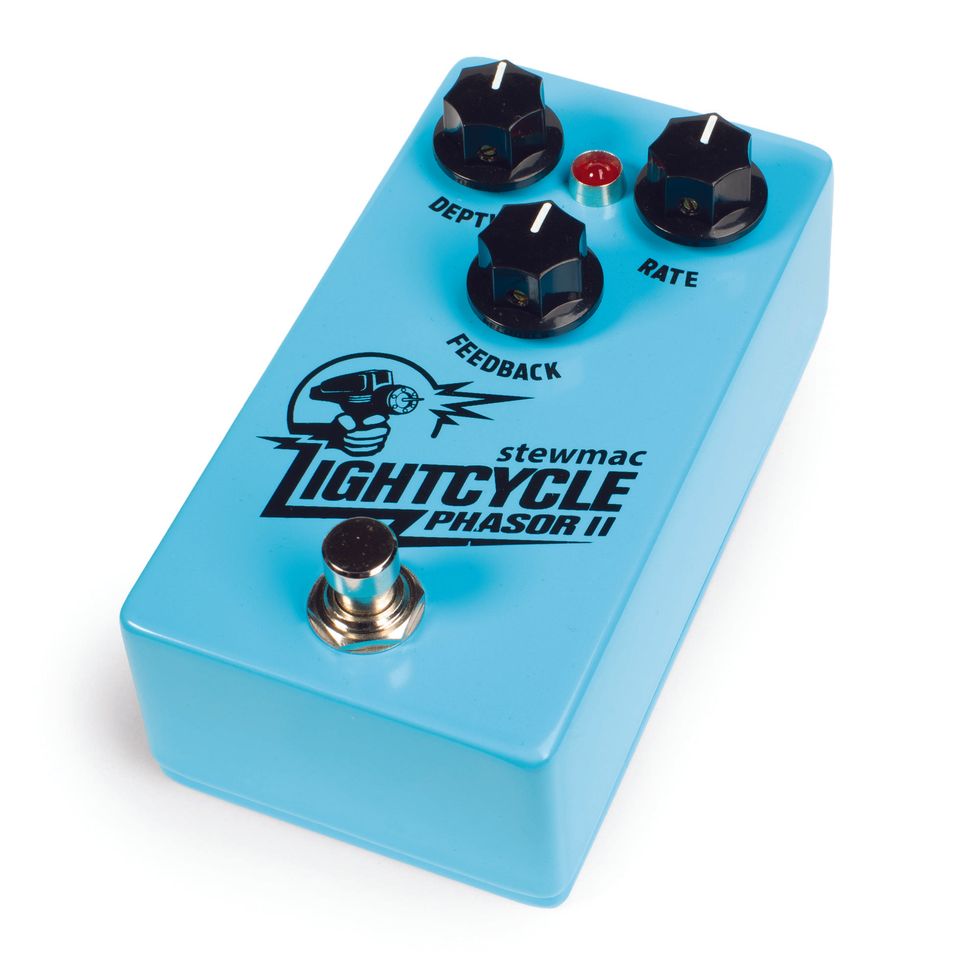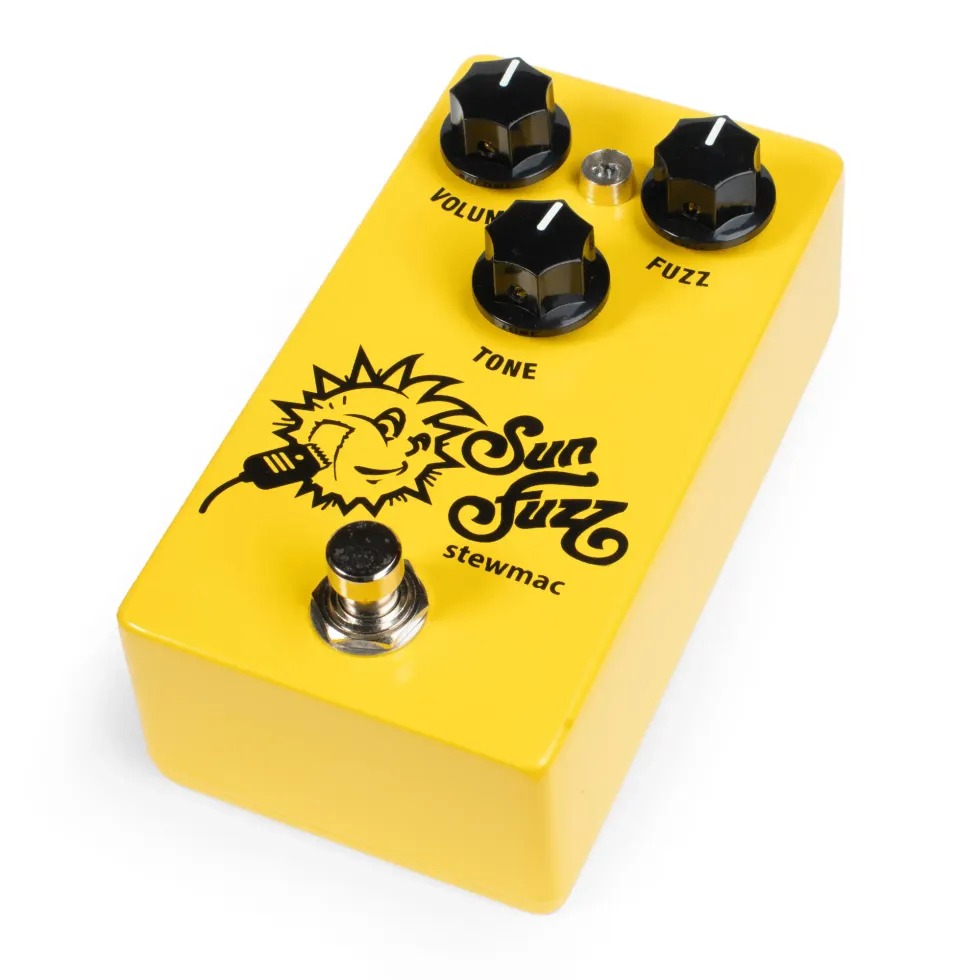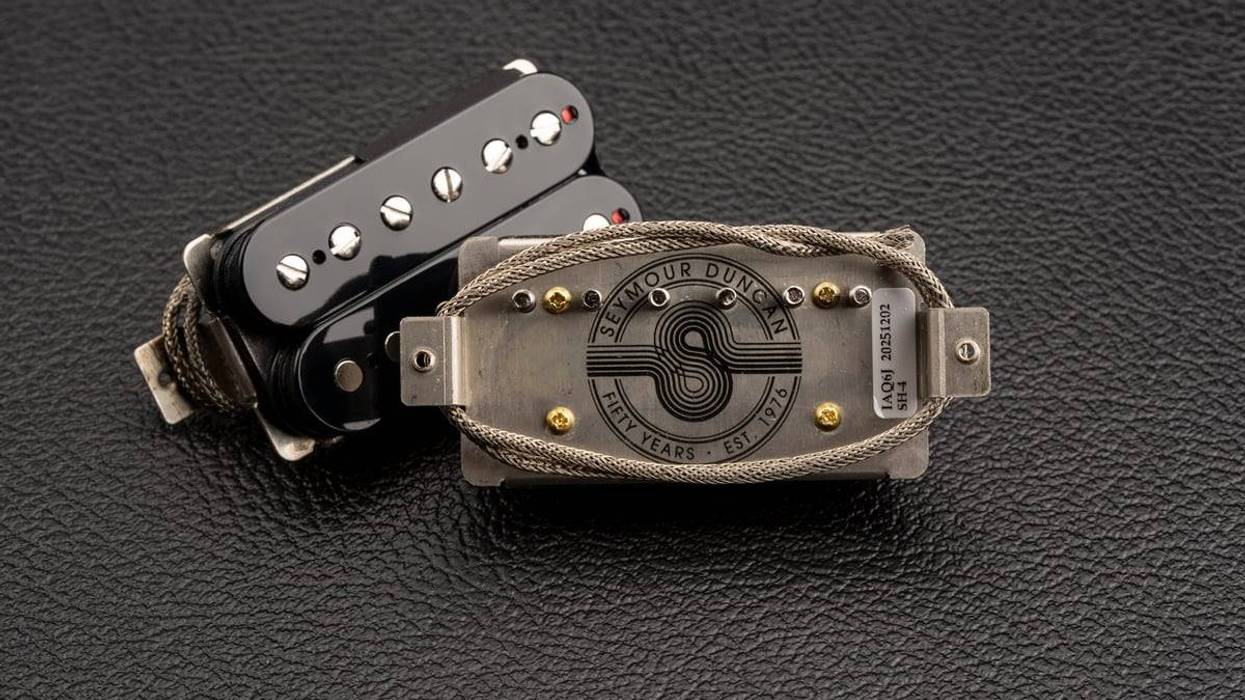RatingsPros:Sturdy. Smooth lever and latching action. Effective tension screw. Improves intonation on flatter necks. Cons: Doesn’t work well with more curvaceous radii or Rickenbacker 12s. Street: $34 G7th Newport 12-String Capo g7th.com | Ease of Use: Build/Design: Value: |
Capoing a 12 string is tricky. Most capos aren’t built specifically for 12 strings, and fail to apply adequate tension to octave strings. And if you try to compensate with greater tension, you tend to pull the regular strings horribly sharp. I’ve lucked into trigger capos that work well. But losing one that does work can induce panic.
G7th has taken a clever approach to solving the 12-string capo problem by adapting a compensated string pad to its excellent Newport capo. The pad looks serrated in profile—enabling fatter bass strings to tuck into the deepest nooks of the sawtooth while octave strings nestle against the pad closer to the tip of the tooth. When it works right, you’re rewarded with intonation and chime that’s audibly superior to most standard capos.
The Newport 12 works best with flattish acoustic fretboards. Some electric 12 strings are trickier. G7th specifies that the Newport is incompatible with Rickenbacker 12s (which are reverse strung). But the curvaceous 7 1/4" radius on my Fender Electric XII also confounded the Newport, which couldn’t hold down the high E strings. My Danelectro Hodad 12, with its flatter radius, fared much better. The Newport 12 will thrill most acoustic players. Electric players should definitely test before they buy. But when the Newport 12 string works, it works brilliantly.


